Episode 206. Jerry Hadley
SOCIAL SHARE
SUBSCRIPTION PLATFORM
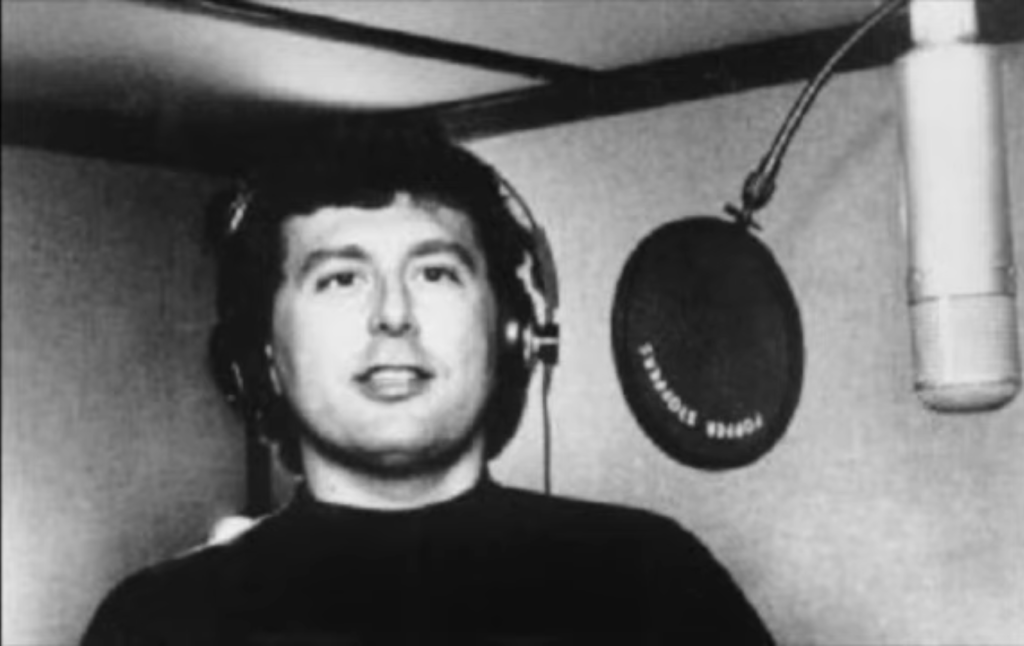
Jerry Hadley (16 June 1952 – 18 July 2007) is regarded by many as the most gifted American lyric tenor of the late 20th century. Last month he would have celebrated his 71st birthday. And today is the sixteenth anniversary of his untimely death. I knew Jerry well in the early 2000s when he was dating one of my best friends. Our friendship developed separately from that: in those years in which he was working at rebuilding his voice and career we worked together on a cross-section of his old and new repertoire. At the time of his death, he was no longer romantically involved with my friend, so he and I had drifted apart. Nevertheless, it hit me very, very hard, and I mourn his loss to this day. On that front, I have quite a few things to say about singers and mental illness, and the ruthlessness, implacability, and heartlessness of a profession which so often chews up the most vulnerable of us and spits them back out. When Jerry was at his best, his art sustained him, but the challenges ultimately became too much for him to face. But this episode is primarily a celebration: my primary objective is to present my friend at his exceptional best, in performances, both live and studio, which celebrate his voice, artistry, and spirit, performances which provided his public with some of the finest tenor singing they would ever hear, in that, or any other, era.
Link to the extended American Masters interview with Jerry about Leonard Bernstein: www.pbs.org/wnet/americanmasters/archive/interview/jerry-hadley
And the link to the piece about Jerry from my discontinued Counterleben blog:
www.danielgundlach.com/blog/2007/07/jerry-if-we-had-only-known.html
WARNING: THIS EPISODE CONTAINS A DISCUSSION OF SUICIDE AND SUICIDAL IDEATION.
RECORDINGS HEARD IN THIS EPISODE
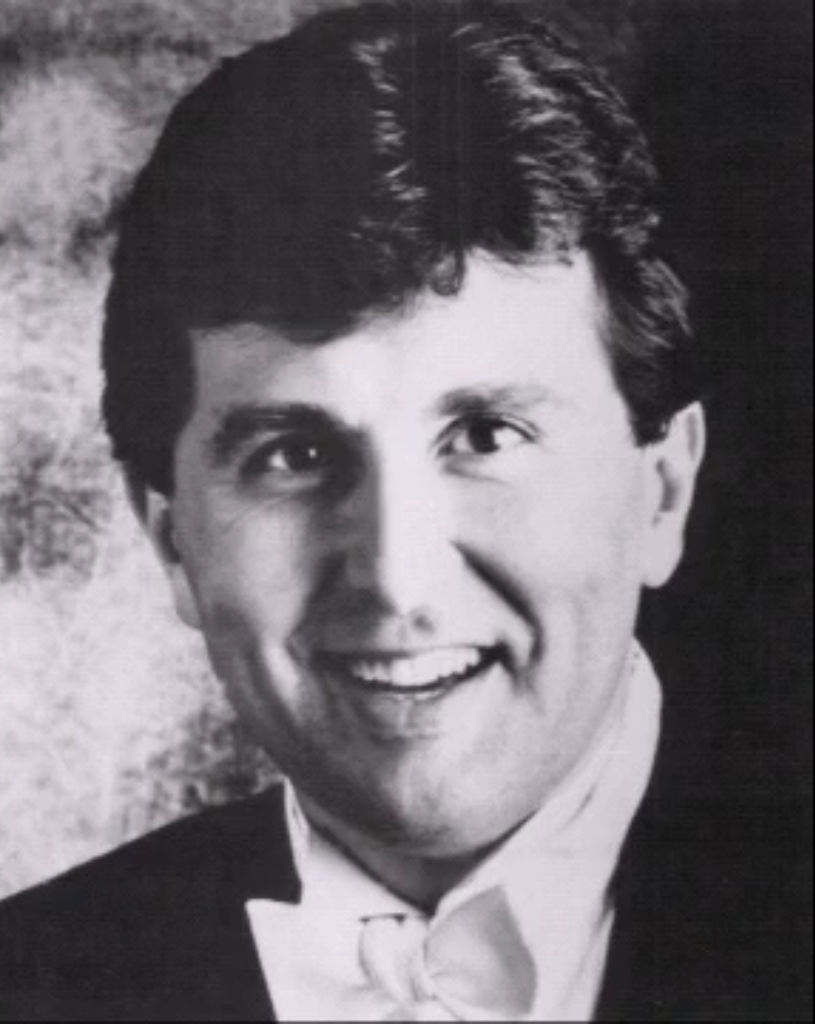
Jerry Hadley is heard in all selections.
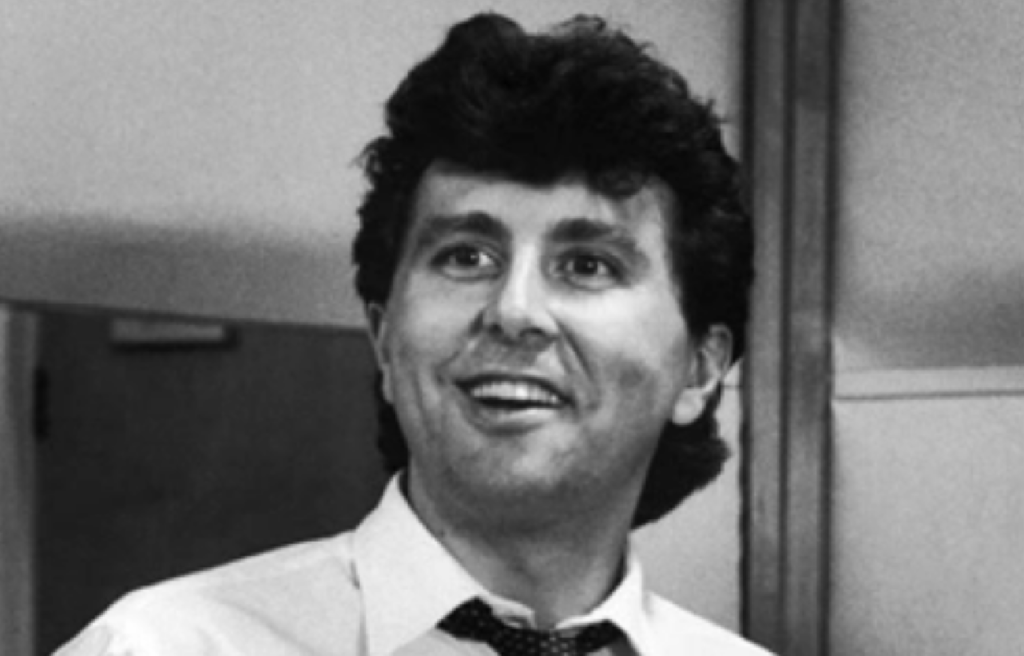
Jerome Kern, Oscar Hammerstein II [after Edna Ferber]: You Are Love (Show Boat). John McGlinn, London Sinfonietta [1987]
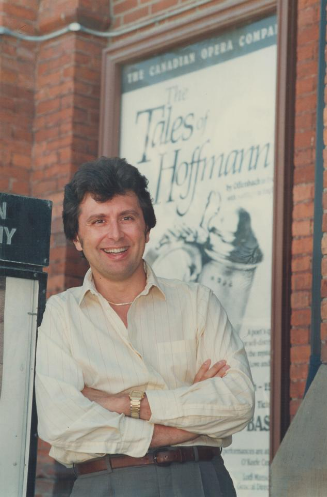
Charles Gounod, Jules Barbier, Michel Carré [after Johann Wolfgang von Goethe]: Salut, demeure chaste et pure (Faust). Carlo Rizzi, Welsh National Opera Orchestra [1994]
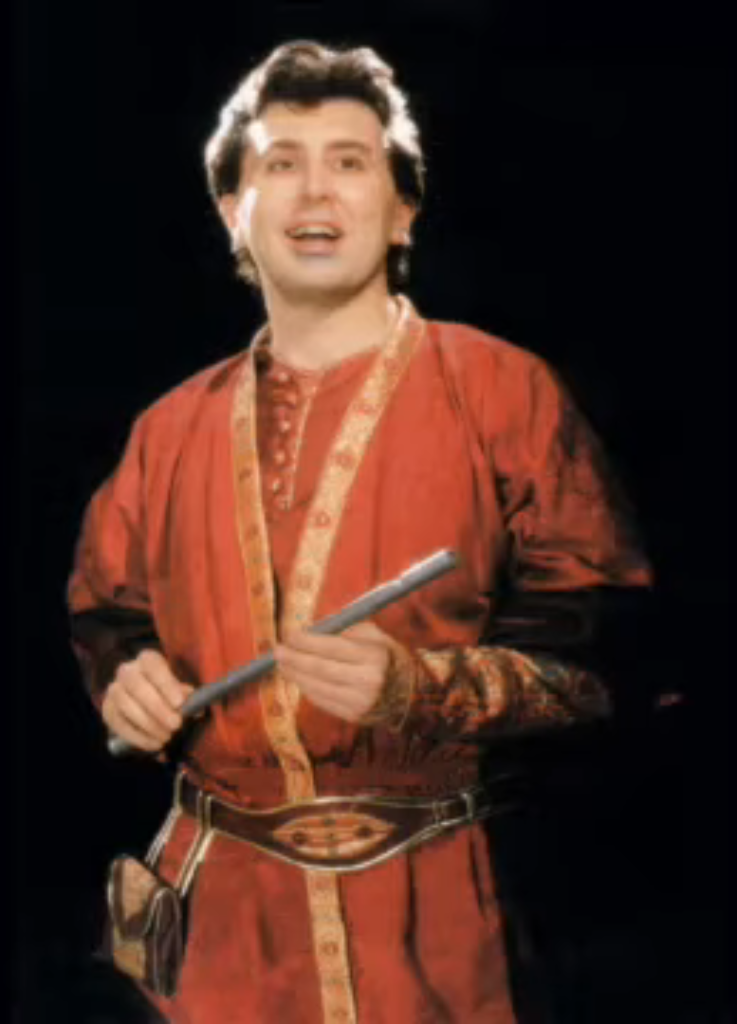
Wolfgang Amadeus Mozart, Emanuel Schikaneder: Wie stark ist nicht dein Zauberton (Die Zauberflöte). Charles Mackerras, Scottish Chamber Orchestra [1991]
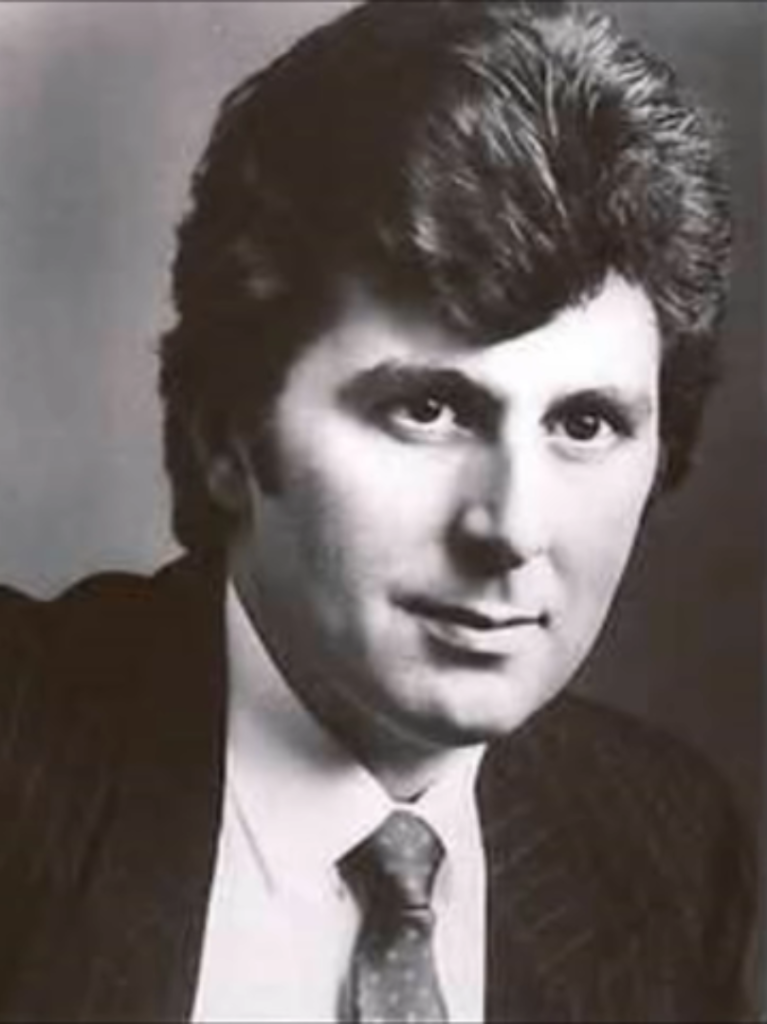
Giuseppe Verdi: Ingemisco (Messa da Requiem). Robert Shaw, Atlanta Symphony Orchestra [live 1987]
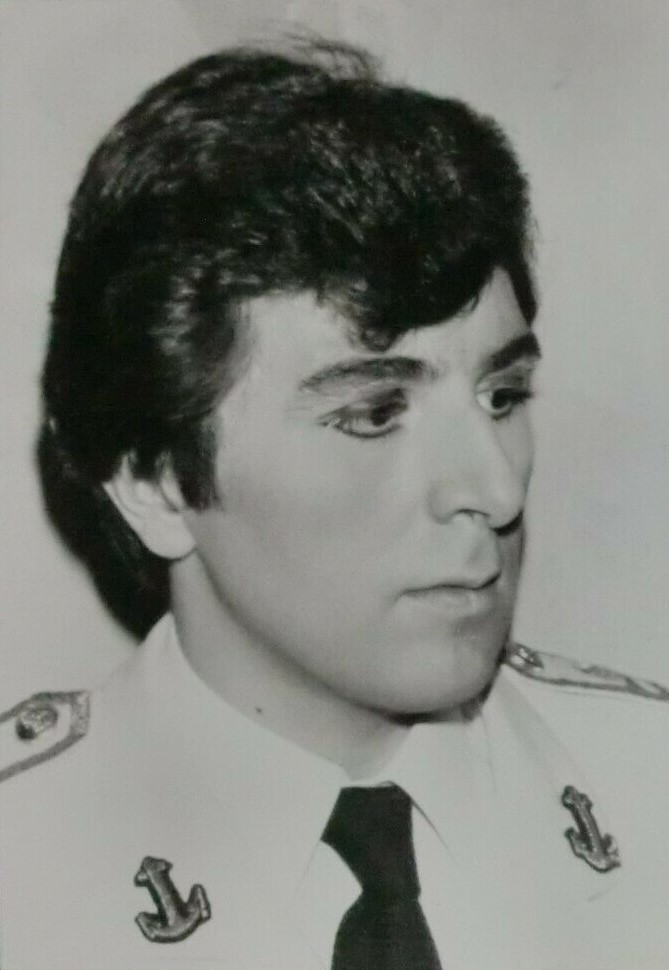
Georges Bizet, Eugène Cormon, Michel Carré: Je crois entendre encore (Les pêcheurs de perles). Scott Bergeson, New York City Opera Orchestra [live 1982]
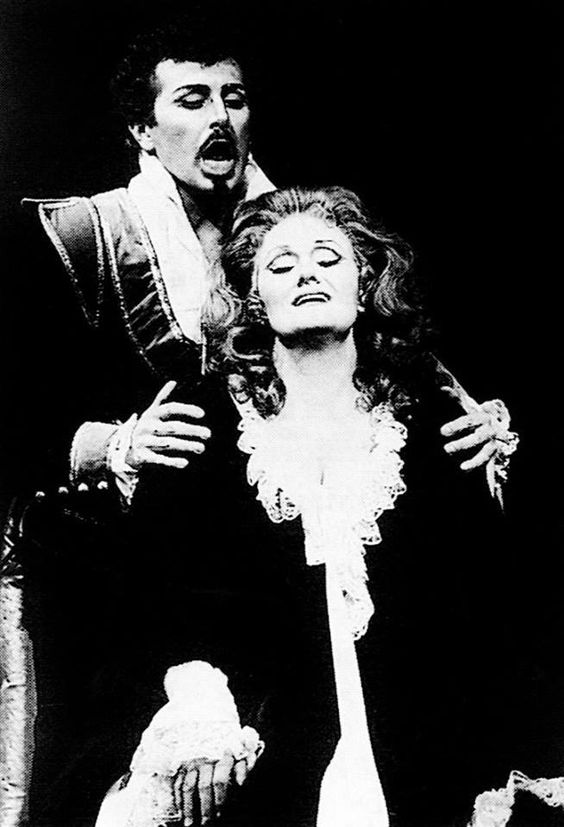
Gaetano Donizetti, Felice Romani [after Ippolito Rindemonte and Alessandro Pepoli]: Ah! così nel dì ridenti (Anna Bolena). Richard Bonynge, Welsh National Opera Orchestra [1988]
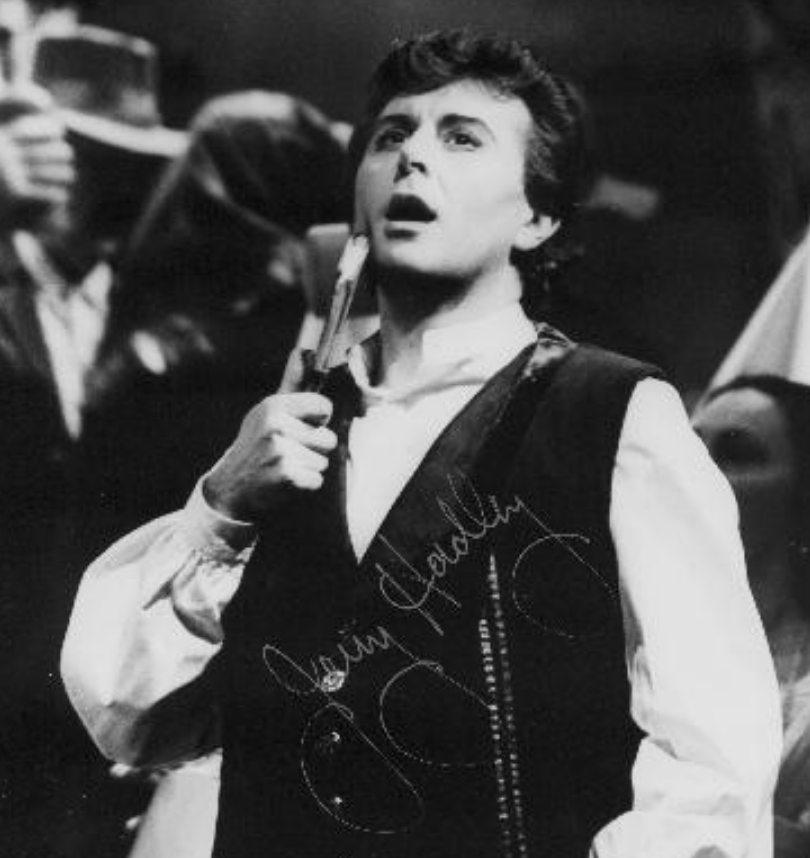
Gaetano Donizetti, Felice Romani [after Eugène Scribe]: Una furtiva lagrima (L’elisir d’amore). Henry Lewis, Orchestra of St. Luke’s [live New York 18.IV.1990]
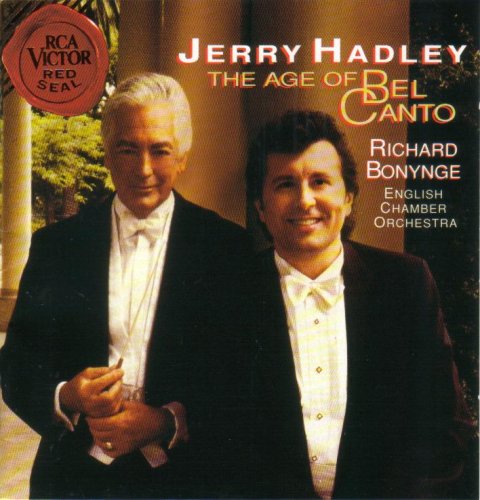
Gaetano Donizetti, Salvadore Cammarano [after Lockroy, Edmond Badon]: Alma soave e cara (Maria di Rohan). Gualtiero Negrini, Los Angeles Opera Orchestra [live 1994]
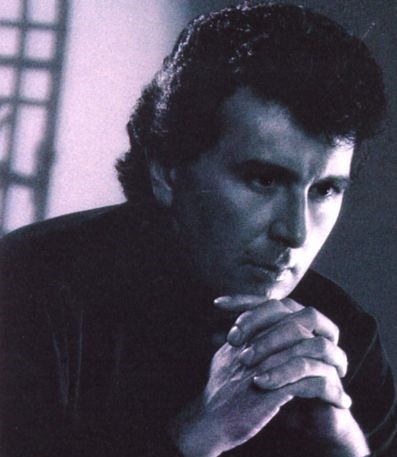
Kurt Weill, Langston Hughes [after Elmer Rice]: Lonely House (Street Scene). John Mauceri, Scottish Opera Orchestra
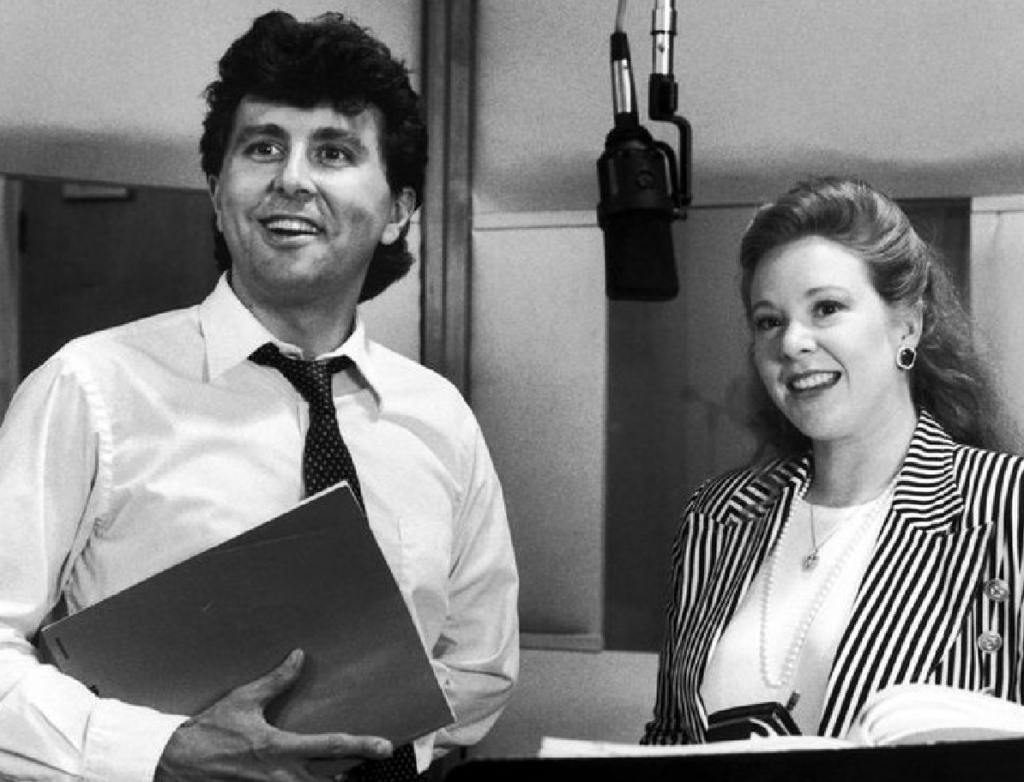
Robert Wright, George Forrest [after Alexander Borodin]: Stranger in Paradise (Kismet). Ruth Ann Swenson, Paul Gemignani, London Symphony Orchestra [1991]
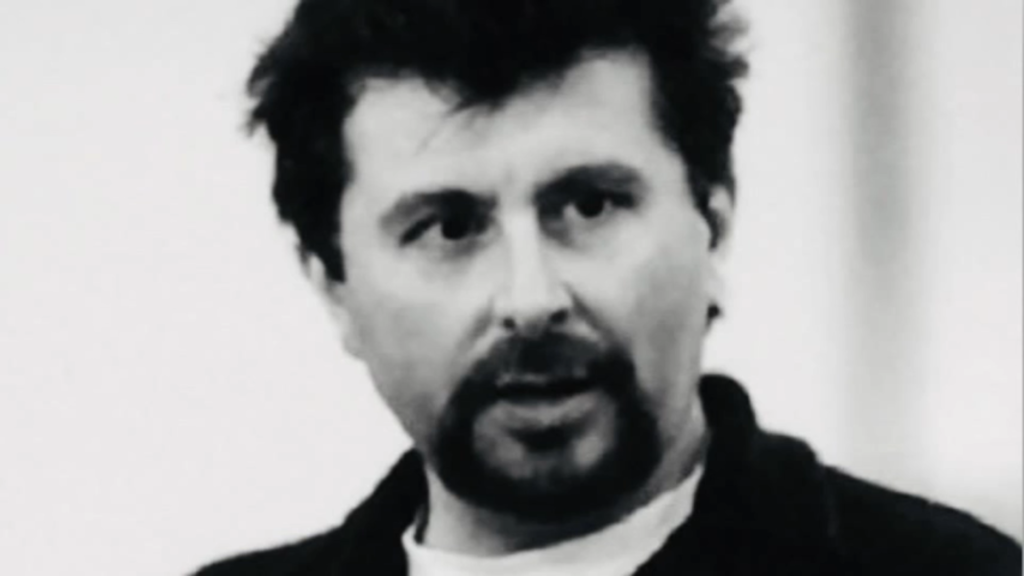
Sherman Edwards: Mama Look Sharp (1776). Paul Gemignani, American Theatre Orchestra [1992]
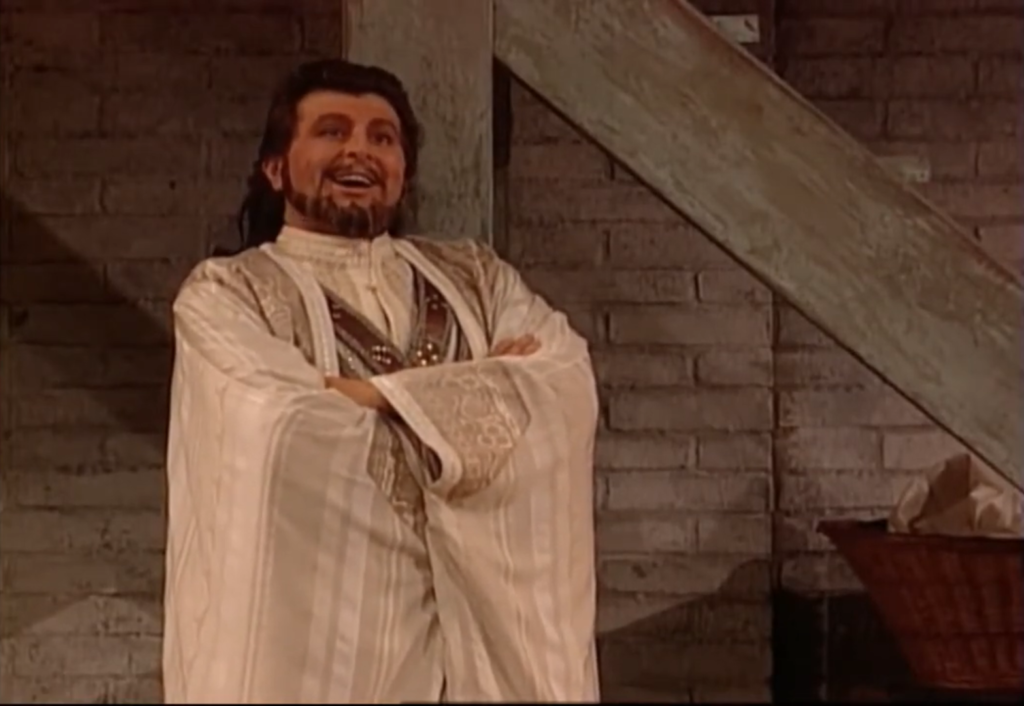
Wolfgang Amadeus Mozart, Lorenzo da Ponte: Ah, lo veggio, quell’anima bella (Così fan tutte). Charles Mackerras, Scottish Chamber Orchestra [1993]
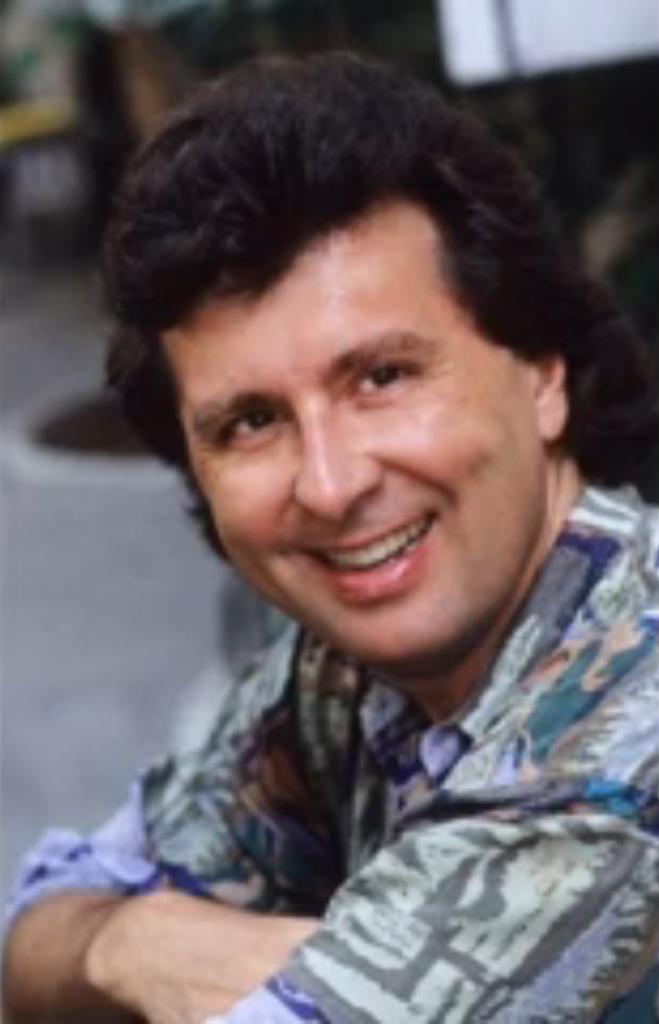
Benjamin Britten, Ben Jonson: Hymn (Serenade, Op. 31/6). Anthony Halstead, William Boughton, English String Orchestra [1989]
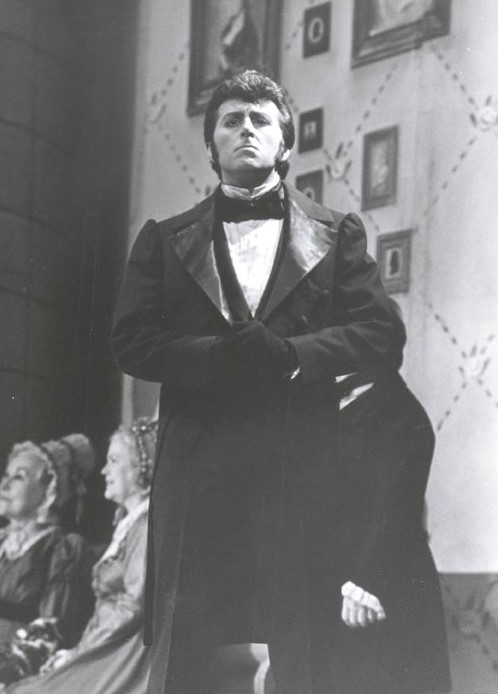
Pyotr Il’yich Tchaikovsky [after Alexander Pushkin]: Kuda, kuda (Yevgeny Onegin). James Levine [live 25.III.89]
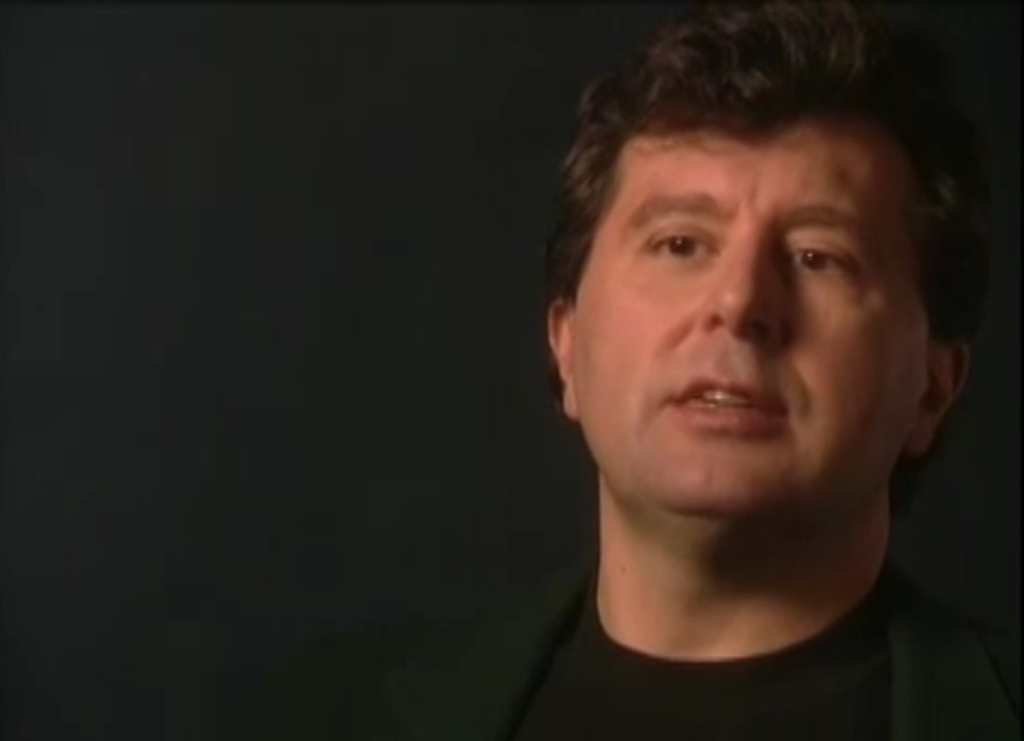
Erich Wolfgang Korngold, Paul Schott [pseudonym of Erich and Julius Korngold]: Stets fürcht’ ich (Die tote Stadt). John Mauceri, ORF Radio-Symphonieorchester Wien [live Vienna 17.IV.1997]
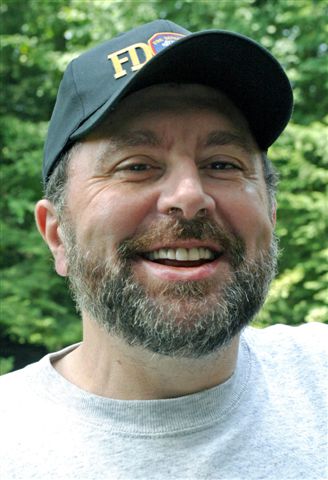
Jay Gorney, Yip Harburg: Brother, Can You Spare a Dime? Eric Dalheim [live Urbana 14.XI.2000]
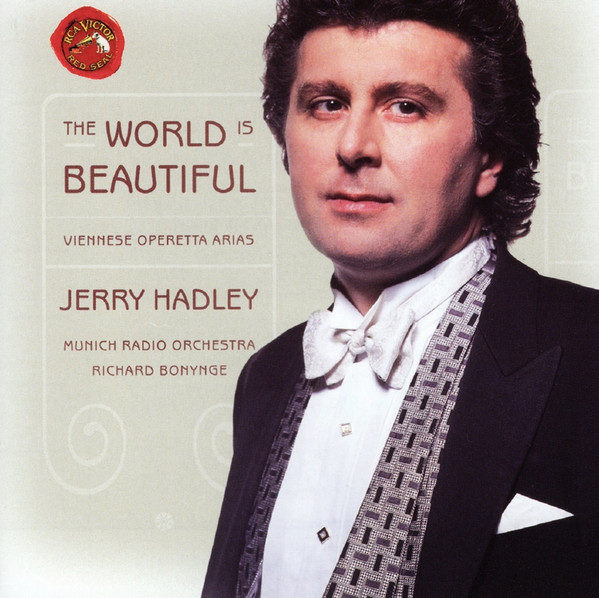
Franz Lehár, Paul Knepler, Fritz Löhner-Beda: Freunde, das Leben ist lebenswert (Giuditta). Richard Bonynge, Münchner Rundfunkorchester [1997]
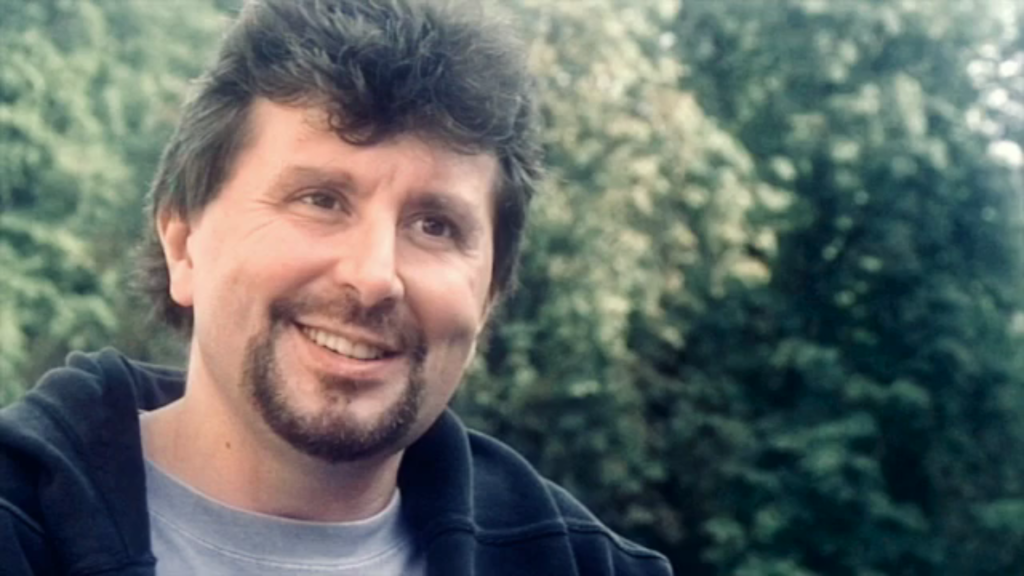
Traditional Irish, Frederick Weatherly: Danny Boy. [live Hamburg 1991]
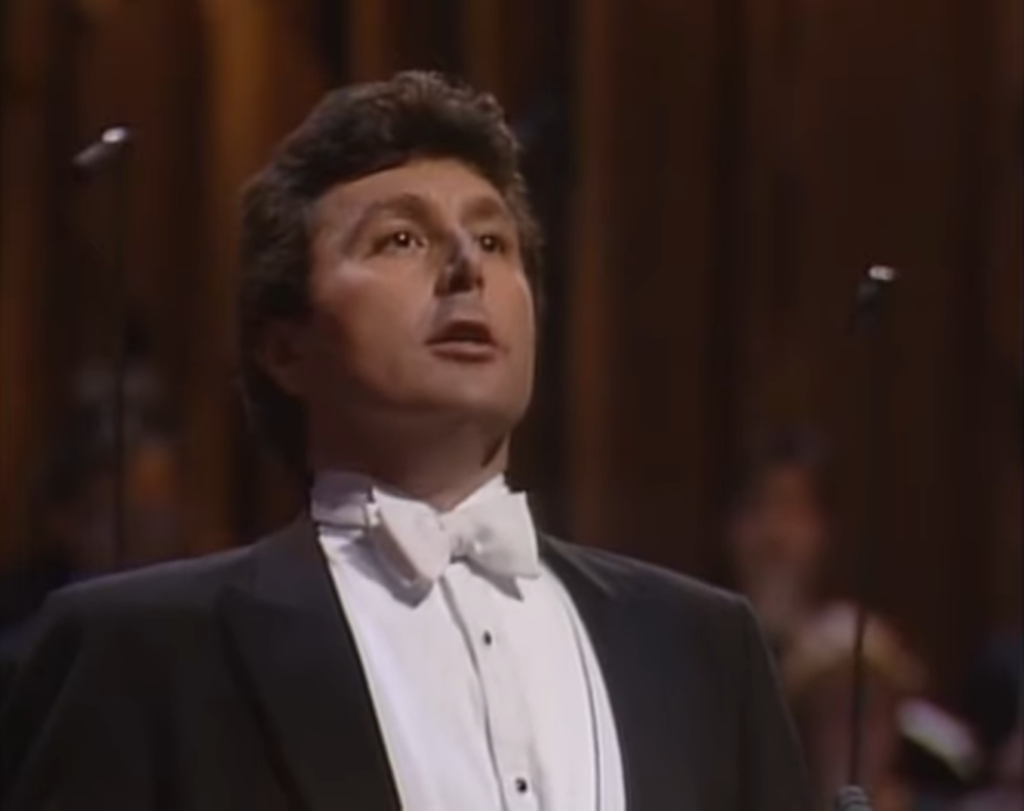
Leonard Bernstein, Richard Wilbur [after Voltaire]: Make Our Garden Grow (Candide). Dawn Upshaw, Seiji Ozawa, Boston Symphony Orchestra, Tanglewood Festival Chorus and full performing forces [live Tanglewood 25.VIII.1988]
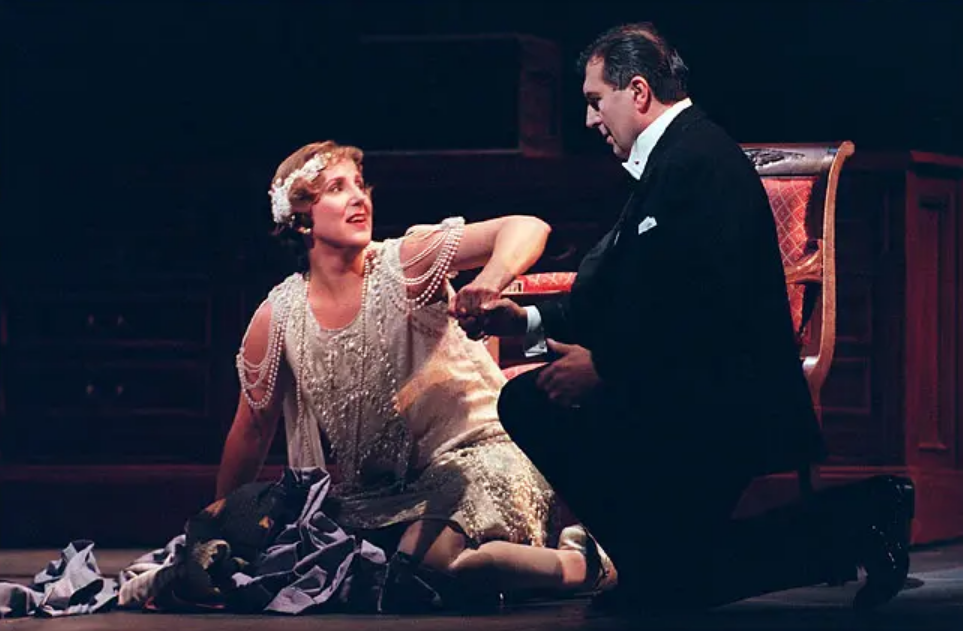
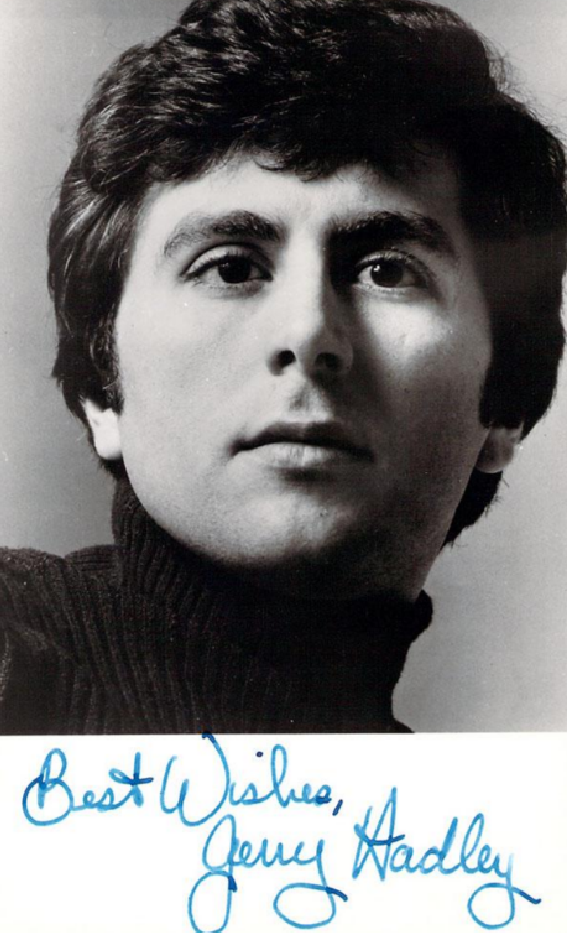
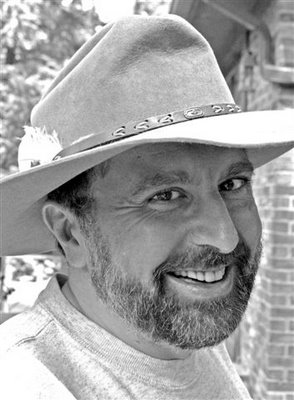
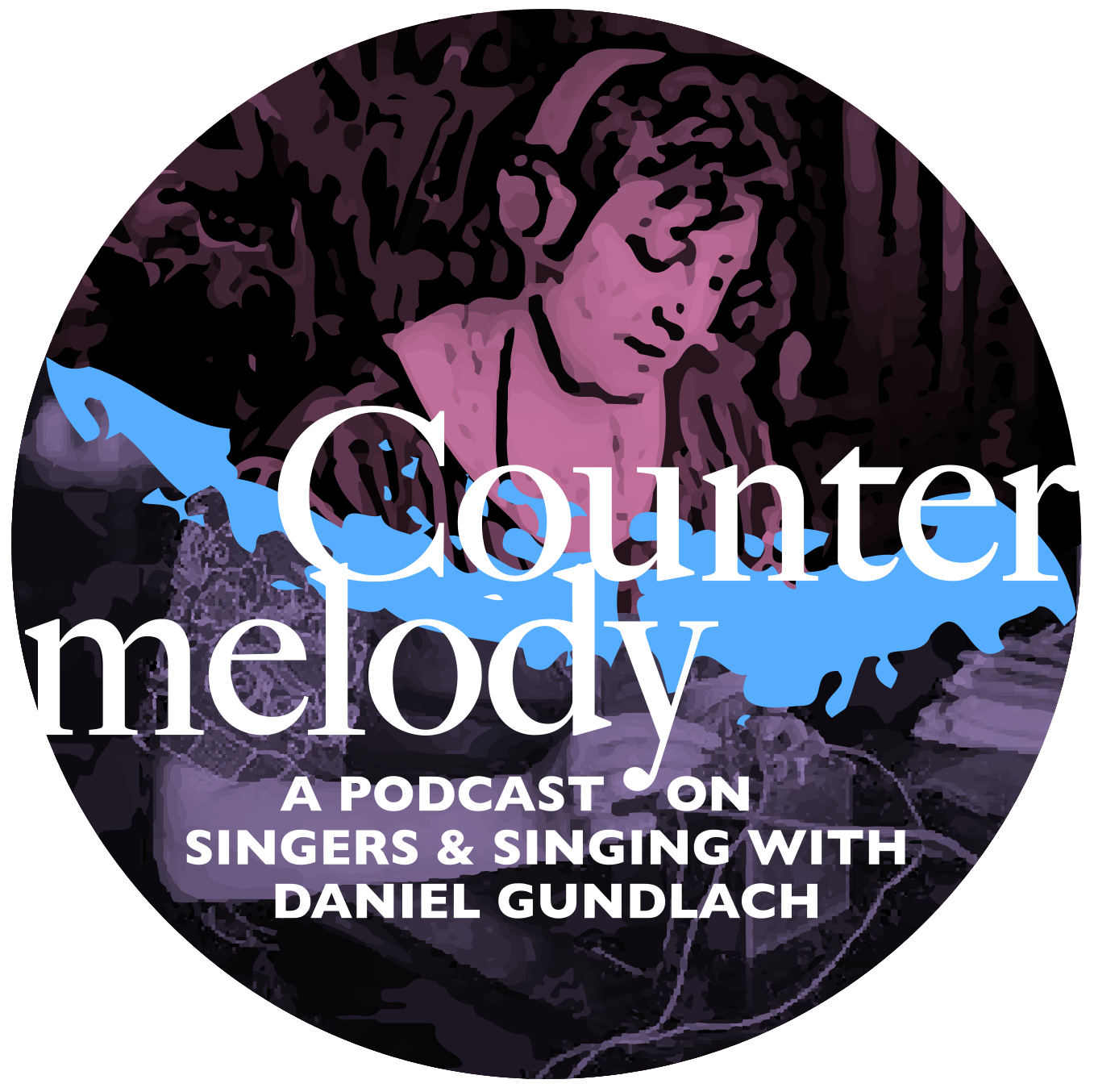
Thank you for this beautiful rememberance of a singer I got to know through YouTube and unfortunately never heard live.
I heard him in the Messiah with Marriner conducting in the early days of YouTube and couldn’t match his joy in singing that piece and the comments about his untimely death beneath the video.
Throughout the years I got to know his story a little bit better and feel very sorry for him – as for any person who can’t be helped properly. It’s frightening that in only a few years, one can go from the peak in a glorious career to such a radical and irreversible decision.
His version of Werther as well as the song by John Duke, Richard Cory, are very hard to listen to in that regard.
One can only think about what could have been and be thankful for the joy he brought on stage, and for the fact that his legacy is kept alive through YouTube, Facebook and your podcast.
I think it’s interesting that you include the Korngold because when I heard that recording, I thought exactly the same.
And even though the critics don’t agree (for what they’re worth), I’m a fan of his Mass recording under Nagano as well as his foray into Janacek.
Regardless of the tragedy of the last of his life, he will remain one of my all-time favorite singers, and his story a constant reminder of kindness for oneself and others.
Thank you for your beautiful and thoughtful commentary, and for listening to the podcast. I want Jerry to be an inspiration and an aspiration for young singers, both in terms of striving for vocal and artistic excellence and for TAKING CARE OF ONE’S SELF, because when the chips are down, as we know too well, ain’t nobody gonna do that for you! Re: the commentary about his Jenufa, his Bernstein Mass, his Korngold, and the bigger rep he might have taken on, I am reminded of the great Swedish tenor Gösta Winbergh, who, though he died similarly young (but under different circumstances) had moved quite comfortably into the jugendlich dramatisch repertoire at the end of his life. Jerry could have done the same. Believe me when I tell you that in 2004 his voice was intact. It was his nerves (and his spirit) that were crumbling. All best, Daniel